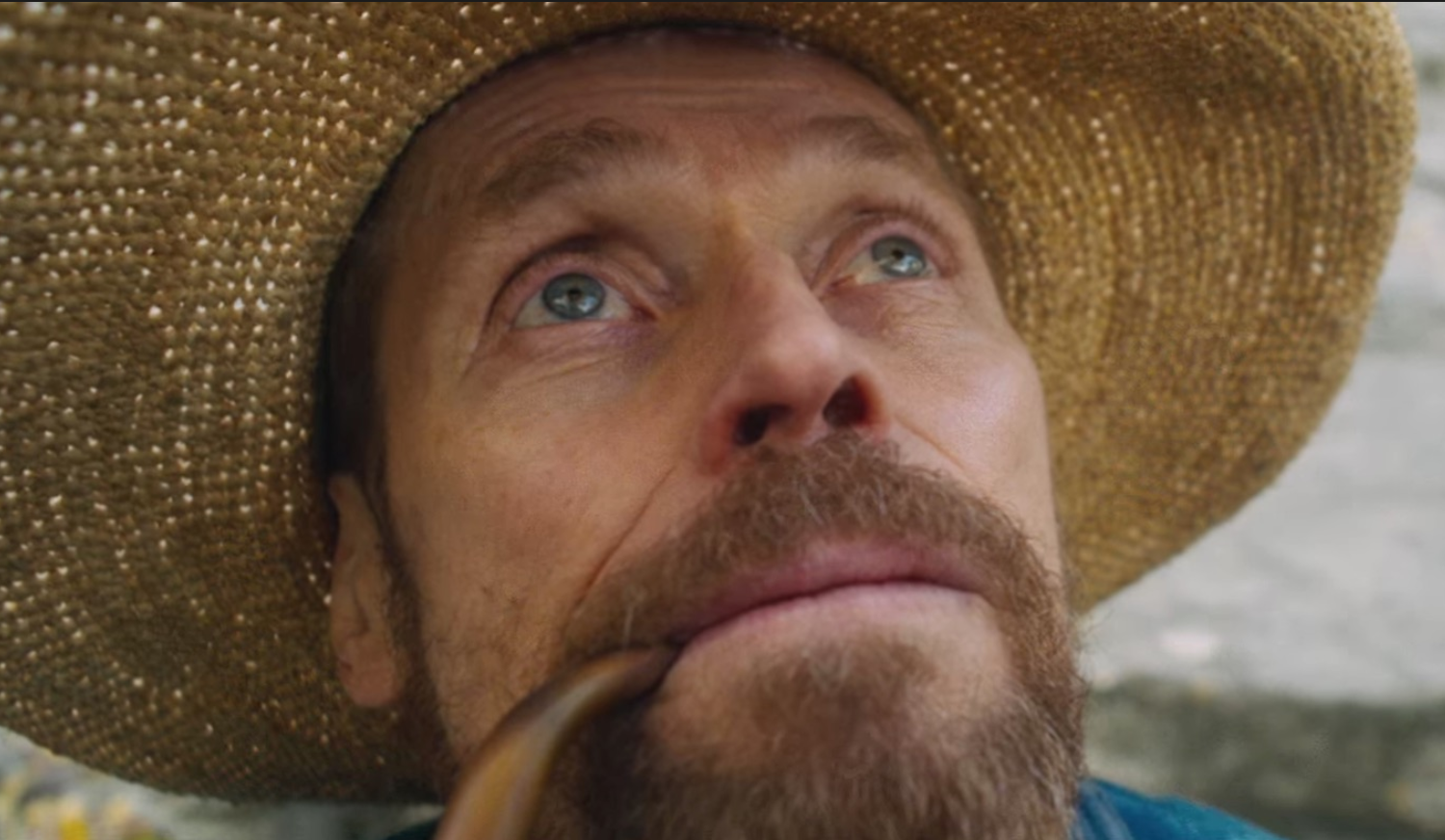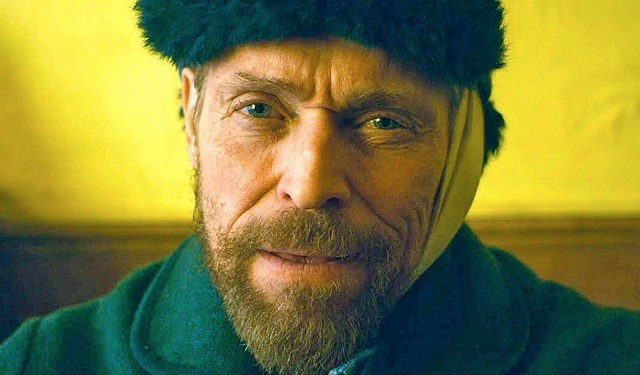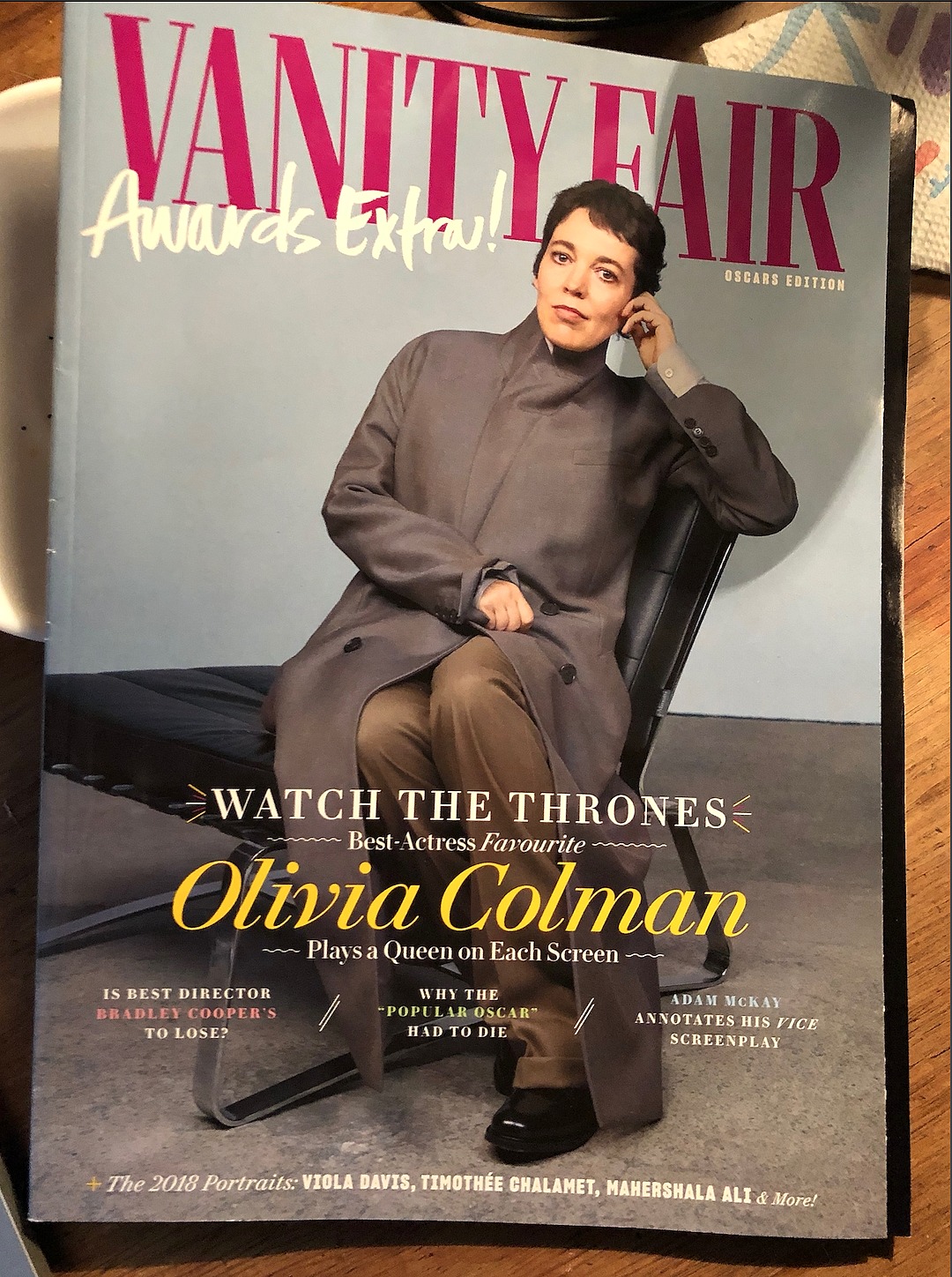All hail and all heed the following just-posted Golden Globes commentary from The Ankler‘s Richard Rushfield:
“I’m sorry to break it to Oscar Twitter, but Bohemian Rhapsody is a genuine international phenomenon. And the audiences don’t seem to care that it was partially made by a director over whom there is a cloud; you’re free to tell them they are wrong. For a musical biopic to do numbers rivaling a mid-range Marvel film is astonishing, and for people to suggest that this is something Hollywood should turn their backs on, rather than taking the good and leaving the bad, shows you how deep into the internal narrative the commentariat has driven itself.”
This next paragraph in particular should be printed out, framed and hung on office walls all over town:
“And while we’re at it: if you wanted to show visitors from the future what the atmosphere was like in and around and about Hollywood in 2019, you’d only have to show them Green Book and tell them that this likable, good-hearted film provoked the biggest, fiercest backlash of the year.
“With both these films, there has been this complaint that they are soft-peddling their respective social issues — i.e., not giving audiences the full, unwashed bleakness of the true situation. It’s this continuing sense that giant mega-conglomerate entertainment producers should be making movies to satisfy the farthest thresholds of the sensibility of the media elite class; that there is nothing to be gained in finding a broadly digestible version that will draw in audiences in the tens and hundreds of millions.
“To that end, I noticed a little boomlet among in the Oscar Twitter last night, suggesting that the Academy now needs to respond to the outrages perpetrated by the HFPA’s best pic awards by unequivocally, by acclamation, bestowing the Best Picture award on Roma.
“Now, I liked Roma [quite a lot]. It might (or might not!) by my personal favorite of the nominees.. But if anyone thinks that Oscar getting in the habit of giving its big prize to tiny intimate films seen by a handful of people is a long-term or even medium-term strategy to Save Our Show…they are off their rockers.”
The Roma diss aside, Rushfield is saying in effect that most of the critics who are wringing their hands over Bohemian Rhapsody‘s Golden Globes win and particularly the haters who went the extra mile to try and torpedo Green Book (Variety‘s Guy Lodge, L.A. Daily News‘ Bob Strauss, Vox‘s Alissa Wilkinson, The New Yorker‘s Richard Brody, Globe and Mail‘s Barry Hertz, A.V. Club‘s A.A. Dowd, N.Y. Times A.O. Scott, Slate‘s Ingkoo Kang) have, for lack of a better term and at least as far as mildly populist over-35 sensibilities are concerned, encamped themselves inside their own anal cavities. They are all filing from inside a very deep and dark politically correct cave.







